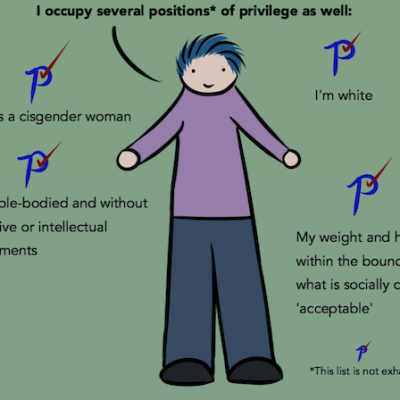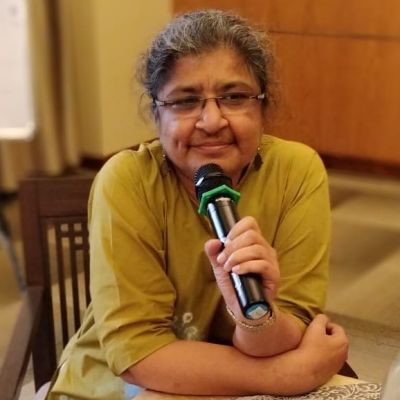Sexuality
But TikTok is giving young people – particularly women – in South Asia a new avenue to showcase their talents. While for the majority of women using the app their fame is exclusive to TikTok, an increasing number are able to use it to get paid work. And for many, the platform represents a scarce opportunity for bodily autonomy, and a chance to carve out space as a performer in the face of film and fashion industries that shut them out.
अधिकांश पूर्णकालिक (और यहाँ तक कि अंशकालिक लोगों के मामले में भी) घरेलू काम के लिए रखी महिलाएँ जो पैसे कमाती हैं वह उनके काम की तुलना में न के बराबर है, और जो फायदे उन्हें दिए जाते हैं (छुट्टियाँ, स्वास्थ्य देखभाल, पेंशन) वो काम पर रखने वाले की उदारता और अधिकतर उनकी मर्ज़ी पर निर्भर है।
Fouzia Azeem, more popularly known as Qandeel Baloch,was called Pakistan’s Kim Kardashian. Madiha Tahir, a journalist and filmmaker who is interviewed in the documentary,questions this comparison. To quote her: “She (Qandeel) is not Kim Kardashian at all. She is not famous for being rich. An upper-class woman would have her class protection and it’s unlikely that an upper-class woman would be supporting her family from these social media videos.”
This stigma of caste, class and sexuality is a pervasive amalgamation of socio-cultural mindsets that take root and function in myriad complex ways, and paint working women in broad, sweeping, agency-less brush strokes.
Often, we take certain things for granted, forgetting that there are certain privileges and power dynamics which we benefit from even if we don’t realise it. Though, sometimes, there are other benefits that aren’t available to us, social or cultural factors that do hinder us in some ways, we may still have areas in which we’re more advantaged than others
What follows, in the short film Chutney, is a conversation – full of eerie, evocative storytelling – which not just sheds light on the class hierarchies in the middle to upper-middle class Indian household, but also the anxieties surrounding sexuality and sexual repression within it.
In the course of this interview with Shikha Aleya, Chayanika Shah points out, “While decisions around gender and sexuality are very private and apparently made by each person for themselves, the material connections of community and family make this choice very contextual, and contingent on the whole social structure.”
After the underwear slips off, does the underwear brand really matter? The underwear may mean different things for different people. It may evoke desire or may hinder access.
Honestly, there weren’t any specific rules for the game,
Consent basics, a little humour, but no stigma, no shame.
In unpacking class as a social category through the lens of young people accessing SRHR content via an infoline it is possible to conclude that broader reach of sexuality content does enable those who are otherwise limited by material and structural constraints to develop a more expansive and informed worldview about sexuality
Watching K3G with my students brings forward new ways of understanding how concepts like socioeconomic class, gender, sexuality, and diasporic imaginaries are embedded with subtle messages of morality and longing and how these messages are ingrained in our Bollywood viewing experiences.
In our mid-month issue, we have the second part of the Shikha Aleya’s interview with six different people talking about aspects of sexuality and diversity from their own particular space of personal knowledge, as well as work, advocacy, art and activism across diverse fields.
और एक बार फिर यहाँ कार्निवाल को सफलता मिलती है। सबसे पहले ही एपिसोड में, ‘सामान्य’ नायक बेन, जो टेंट लगा कर अपनी मज़दूरी कमाते हैं, पहली बार छिपकली मानव गेको से टकराते हैं। गेको को त्वचा रोग है जिसके कारण पूरे शरीर में उनकी त्वचा पर मोटी, हीरे के आकार की, फीकी पपड़ी सी बन जाती है। इसके अलावा, उनकी कड़े बालों की पूँछ है।
Here, in Part 2, each interviewee addresses aspects of sexuality and diversity from their own particular space of personal knowledge, as well as work, advocacy, art and activism across diverse fields.
I was focused on becoming the ‘perfect’ feminist, based on the stipulations of mainstream feminism. The result: a deeply narrow conception of feminism,and it would take years to unlearn the ‘black-and-white’ mentality and embrace intersectionality.















